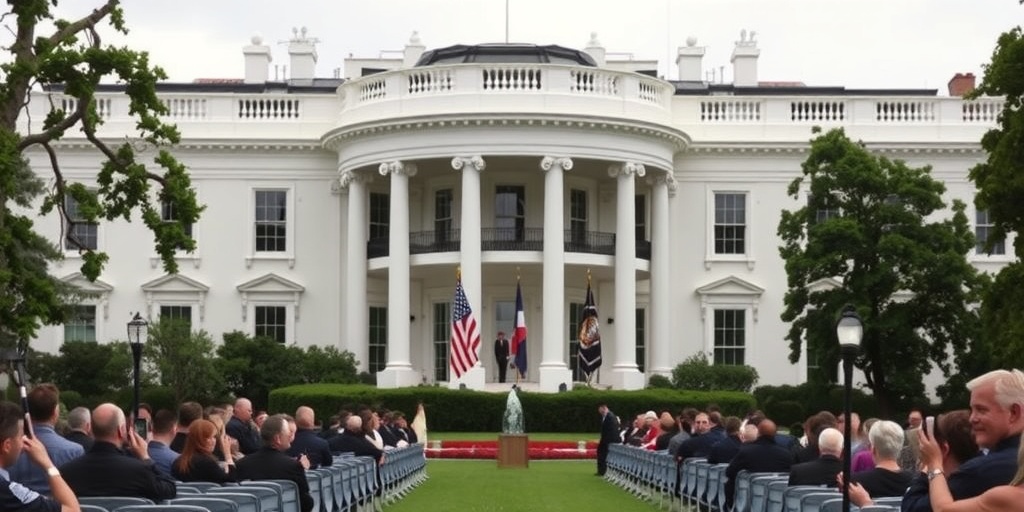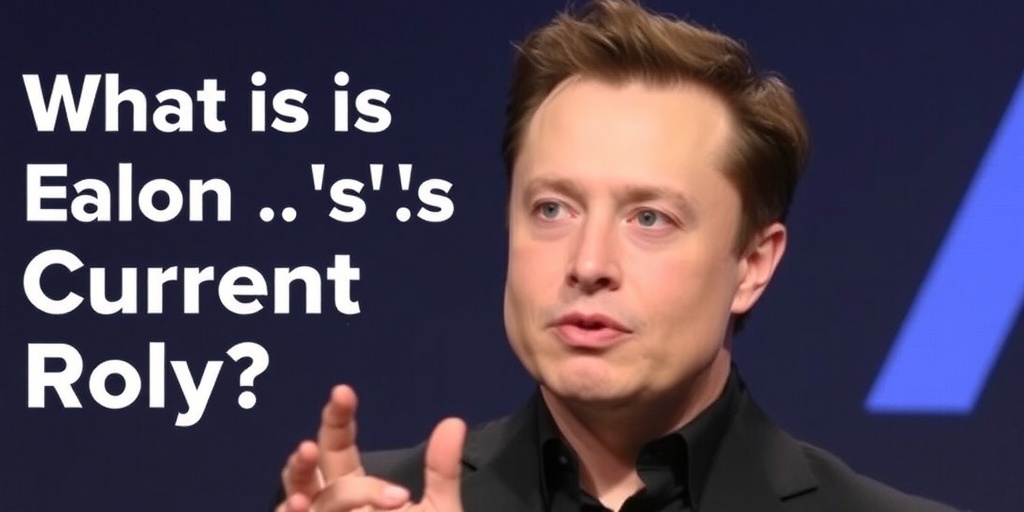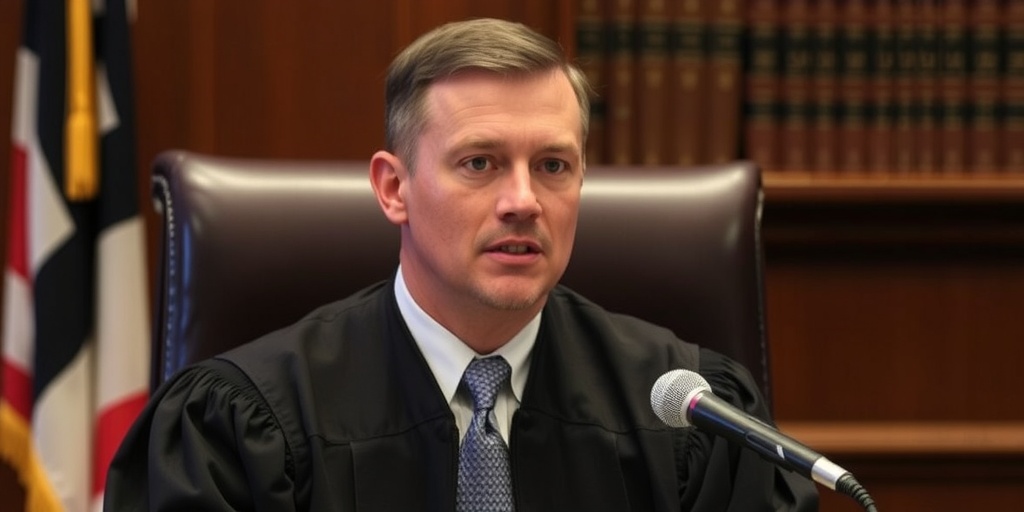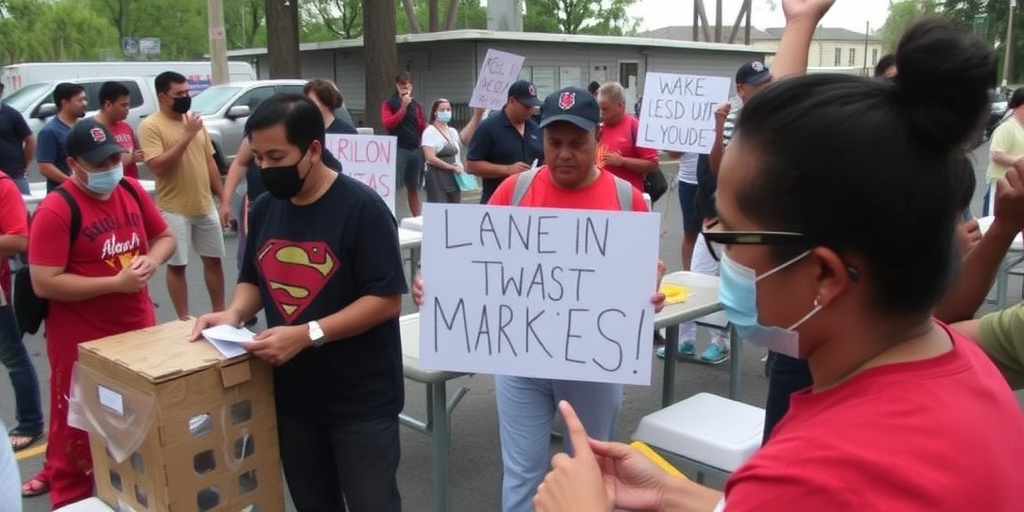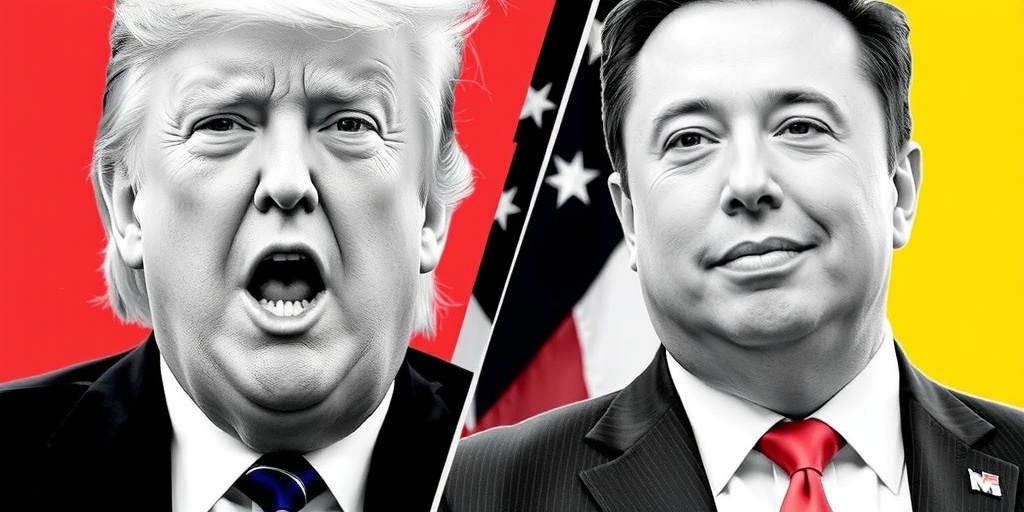Now Reading: V.A. Chaos: Disruptive DOGE Cuts Impact Veterans Agency
-
01
V.A. Chaos: Disruptive DOGE Cuts Impact Veterans Agency
V.A. Chaos: Disruptive DOGE Cuts Impact Veterans Agency
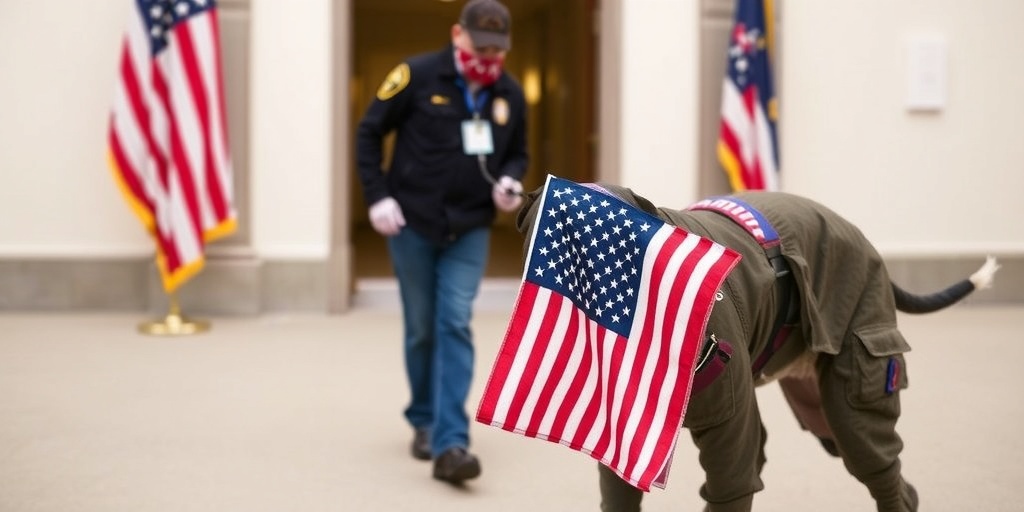
Veterans Affairs Hospital Faces Disruptions as Hiring Freeze Impacts Cancer Research Trials
At the Veterans Affairs (V.A.) hospital in Pittsburgh, researchers were poised to begin enrolling patients in a groundbreaking clinical trial for a new drug designed to treat advanced cancers of the mouth, throat, and voice box. After months of preparation, everything seemed ready last month, and the hospitals had the necessary lab kits and medications on site. However, a sudden hiring freeze, part of a government downsizing initiative led by President Trump and Elon Musk, brought the recruiting process to a standstill, putting the clinical trial on hold.
The chief executive of the Veterans Health Foundation, Alanna Caffas, expressed frustration over this unexpected halt. "They were ready to enroll. They had the lab kits on site. They had the drug to dispense. But they couldn’t get the clinical research coordinator renewed," Caffas stated. This situation is emblematic of the broader chaos that has ensued at the V.A. following the implementation of budget cuts intended to streamline the agency’s operations.
Despite assurances from officials within the Trump administration that core patient services would remain intact, early budget reductions have resulted in significant disruptions to ongoing research projects. The cuts have not only delayed studies vital for veterans seeking experimental treatments but have also led to layoffs among essential support staff, further destabilizing the agency’s operations. Numerous contracts were canceled or partially reinstated amid the cuts, creating confusion and raising concerns over patient care.
The V.A. is a critical entity, serving approximately 9.1 million veterans and playing a significant role in medical research. It has garnered a reputation for providing quality care comparable to or better than many private health systems. Despite its storied mission and achievements, the agency is now facing significant challenges as it attempts to navigate the impacts of the ongoing cuts.
Plans for deep cuts have been outlined by V.A. Secretary Doug Collins, who has committed to eliminating about 80,000 jobs, roughly 15 percent of the current workforce, while reviewing tens of thousands of contracts. While some Republican lawmakers support the need for reform, there is growing concern that these cuts may jeopardize the progress made within the V.A.—a sentiment echoed by Senator John Barrasso of Wyoming, who emphasized the necessity for veterans to receive adequate care.
The adverse effects of the budget cuts have quickly become apparent. Over 2,400 employees have been terminated since Trump took office, impacting those responsible for essential services such as purchasing medical supplies or scheduling patient appointments. Many of these individuals were veterans themselves and were employed in "probationary" roles, leaving them with limited protections against dismissal.
James Stancil, an Army veteran and former supply technician at a Milwaukee V.A. hospital, recounted the devastating impact of the cuts. Along with nearly half of his shift, Stancil lost his job last month. He expressed concerns over the implications of significantly reduced staff, stating, “If you double the work, I can guarantee you’re going to have wrong things and wrong stuff in the wrong place.”
While V.A. officials assert that they remain committed to delivering quality care, the issue of staff shortages persists. Peter Kasperowicz, the agency’s press secretary, insisted that all savings from the cuts would be rerouted to enhance veterans’ care, ensuring that veterans and their families receive the benefits they have earned.
The disruption extends to clinical trials where researchers and staff with essential appointments find themselves facing uncertainty due to the hiring freeze. Rashi Romanoff, chief executive of the National Association of Veterans’ Research and Education Foundations, reported that about 200 research staff members involved in over 300 clinical trials risk being cut off, potentially threatening ongoing studies that could provide essential treatments for thousands of veterans.
In an effort to address staffing concerns, the V.A. recently announced a temporary exemption, allowing certain research staff whose appointments are set to expire to continue working for an additional 90 days. However, this extension leaves an ambiguous future for many, as the agency’s long-term strategy remains unclear.
Doug Collins has publicly expressed support for the cuts while also urging a strategic approach to government downsizing. He has exempted approximately 300,000 essential workers, including medical professionals, but the ballooning backlog of ongoing projects and trials raises concerns among research experts and veterans alike.
Essentially, the V.A. remains a vital source of cutting-edge research and treatment for veterans, known for significant contributions such as the discovery of aspirin’s benefits for heart health and the development of the nicotine patch. The fallout from the recent cuts, however, threatens to hinder both clinical progress and the availability of necessary services for those who have dedicated their lives to the service of others.
As the situation unfolds at facilities like the Pittsburgh V.A., many veterans and employees alike are left grappling with the consequences of a budgetary environment that prioritizes cuts over vital services. The implications of these policies continue to be felt, highlighting the delicate balance between efficient governance and the essential care owed to those who have served the nation.
Stay Informed With the Latest & Most Important News
Previous Post
Next Post
-
 01New technology breakthrough has everyone talking right now
01New technology breakthrough has everyone talking right now -
 02Unbelievable life hack everyone needs to try today
02Unbelievable life hack everyone needs to try today -
 03Fascinating discovery found buried deep beneath the ocean
03Fascinating discovery found buried deep beneath the ocean -
 04Man invents genius device that solves everyday problems
04Man invents genius device that solves everyday problems -
 05Shocking discovery that changes what we know forever
05Shocking discovery that changes what we know forever -
 06Internet goes wild over celebrity’s unexpected fashion choice
06Internet goes wild over celebrity’s unexpected fashion choice -
 07Rare animal sighting stuns scientists and wildlife lovers
07Rare animal sighting stuns scientists and wildlife lovers













